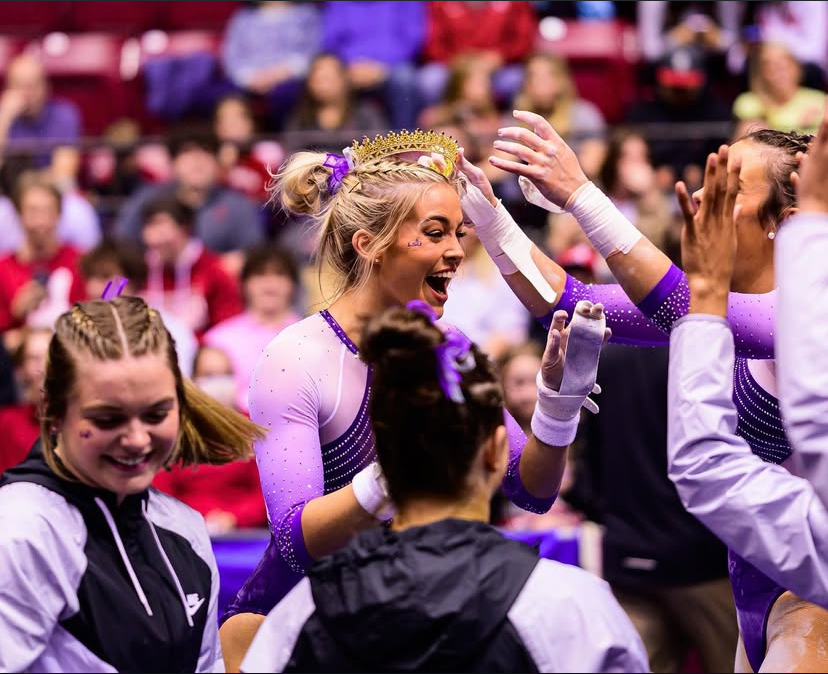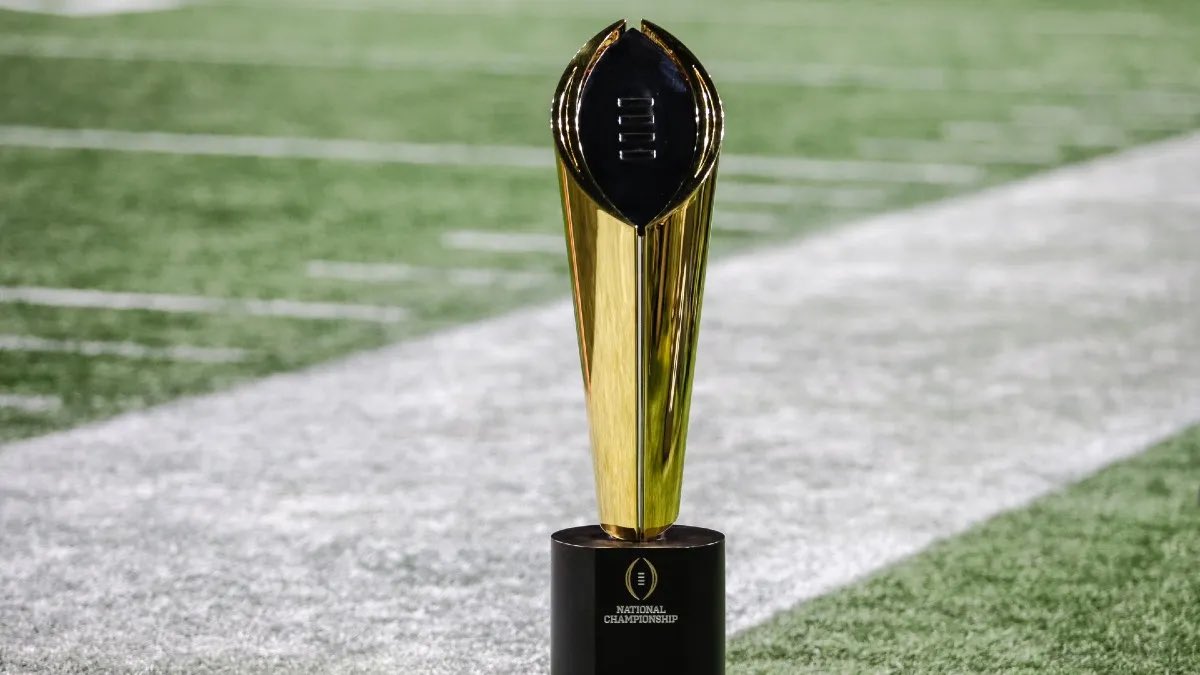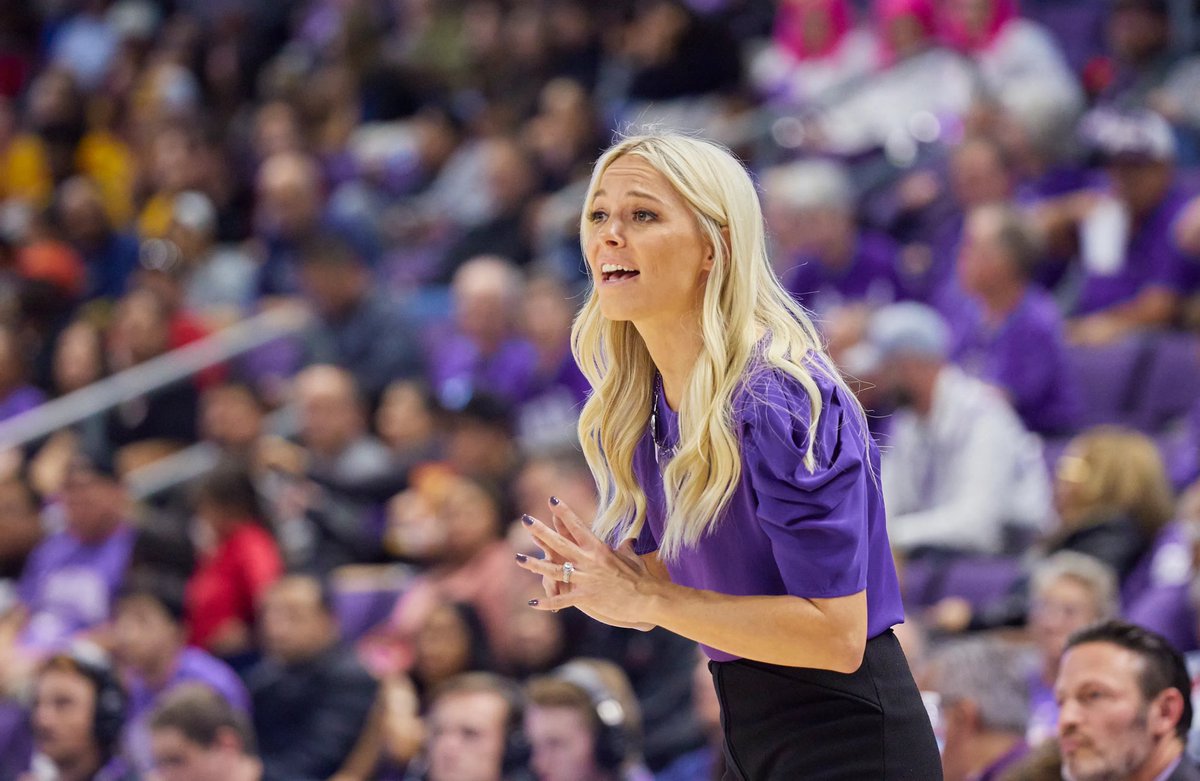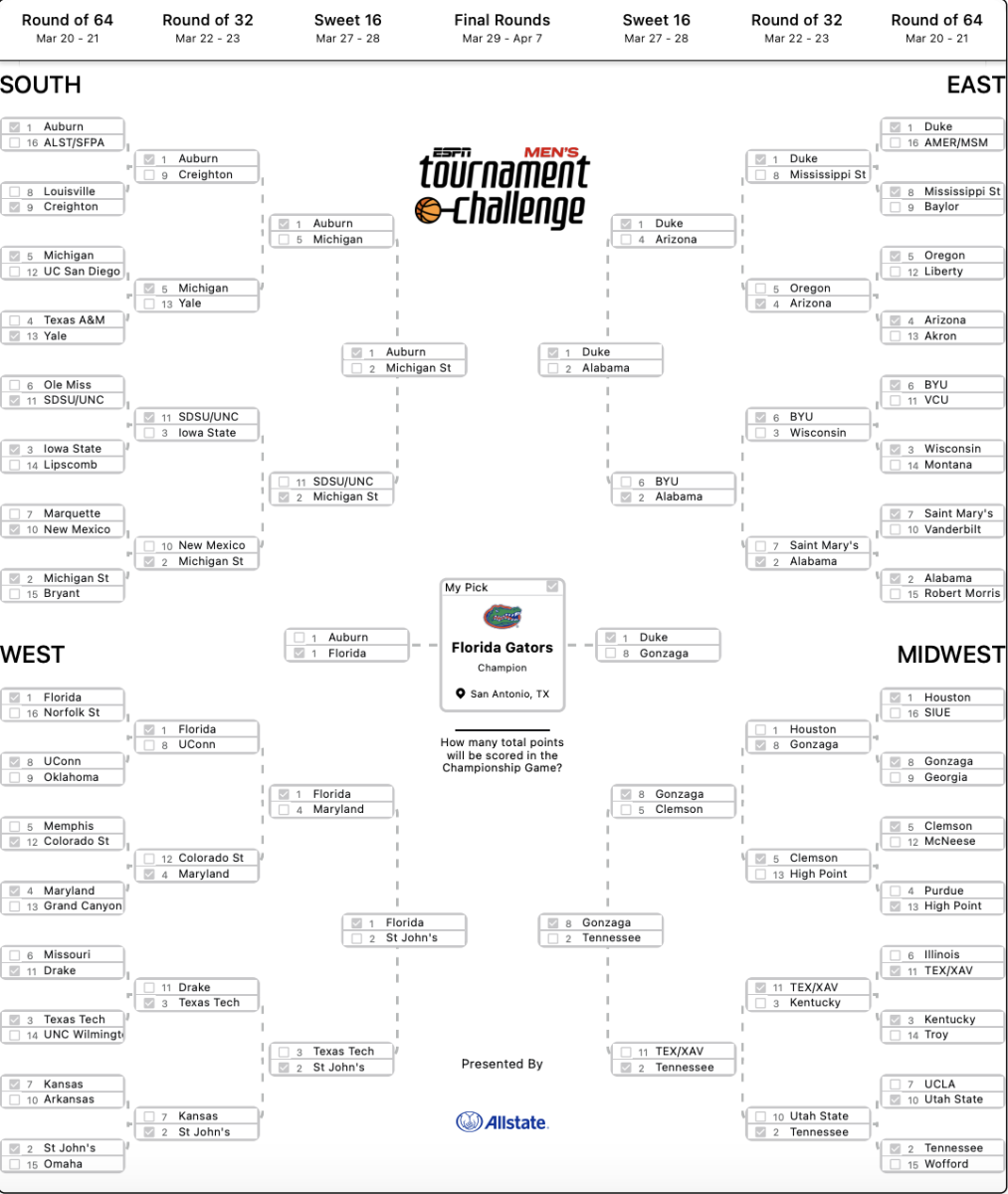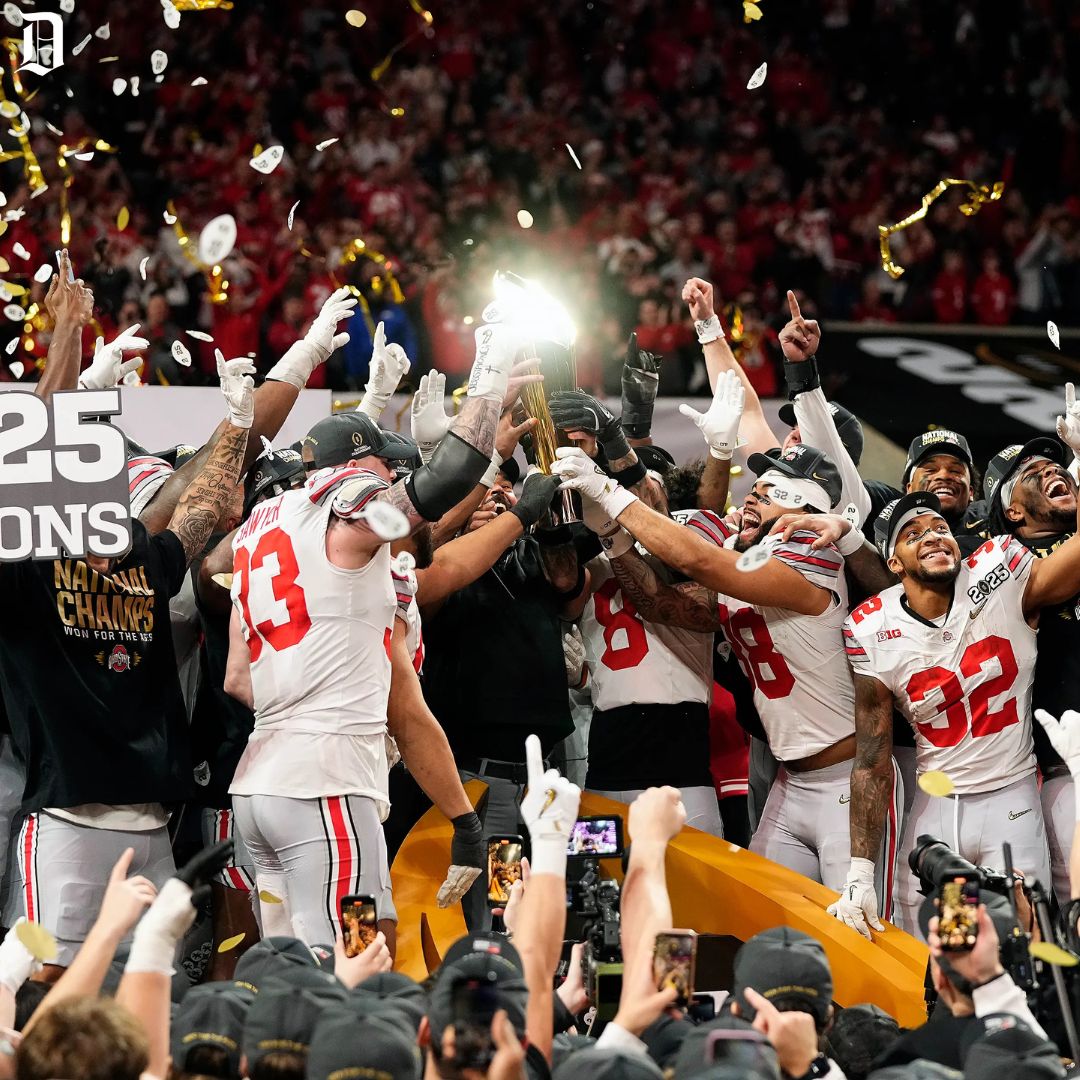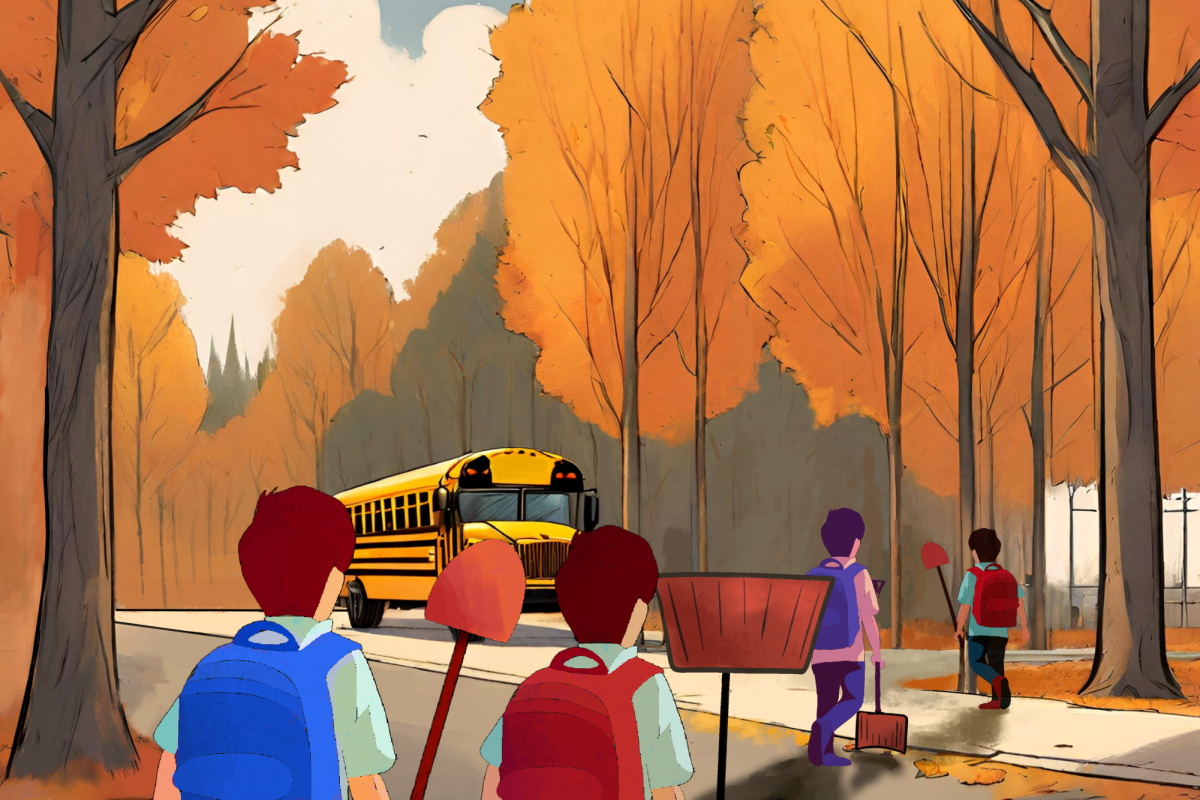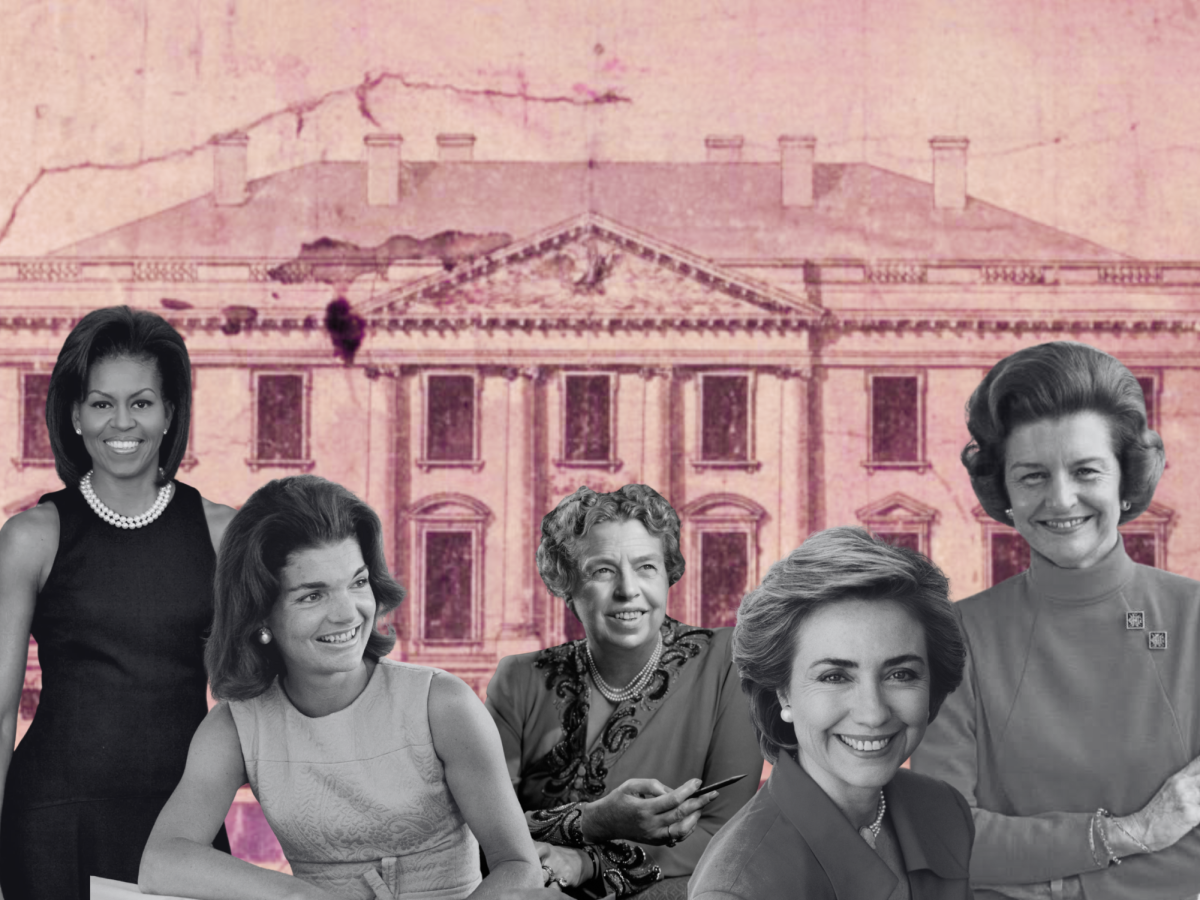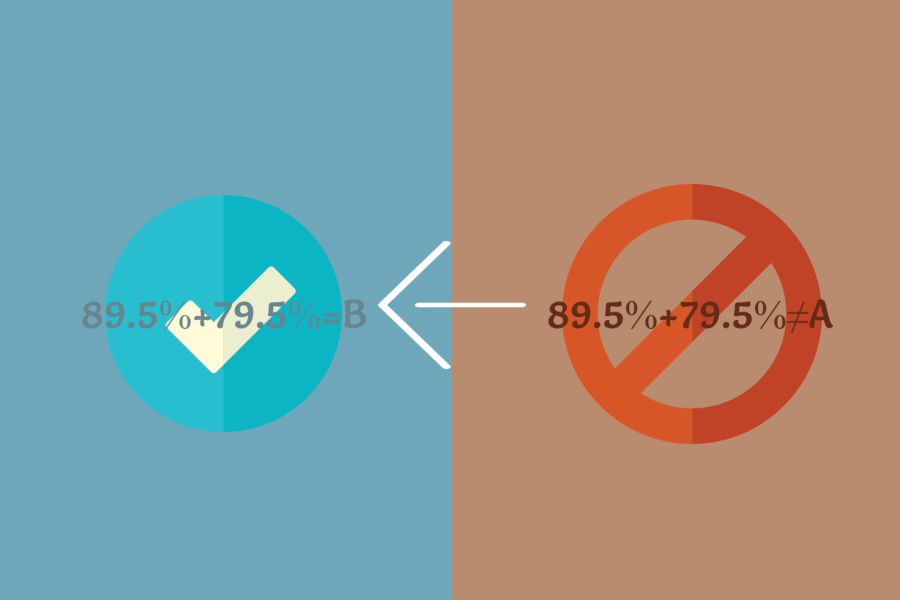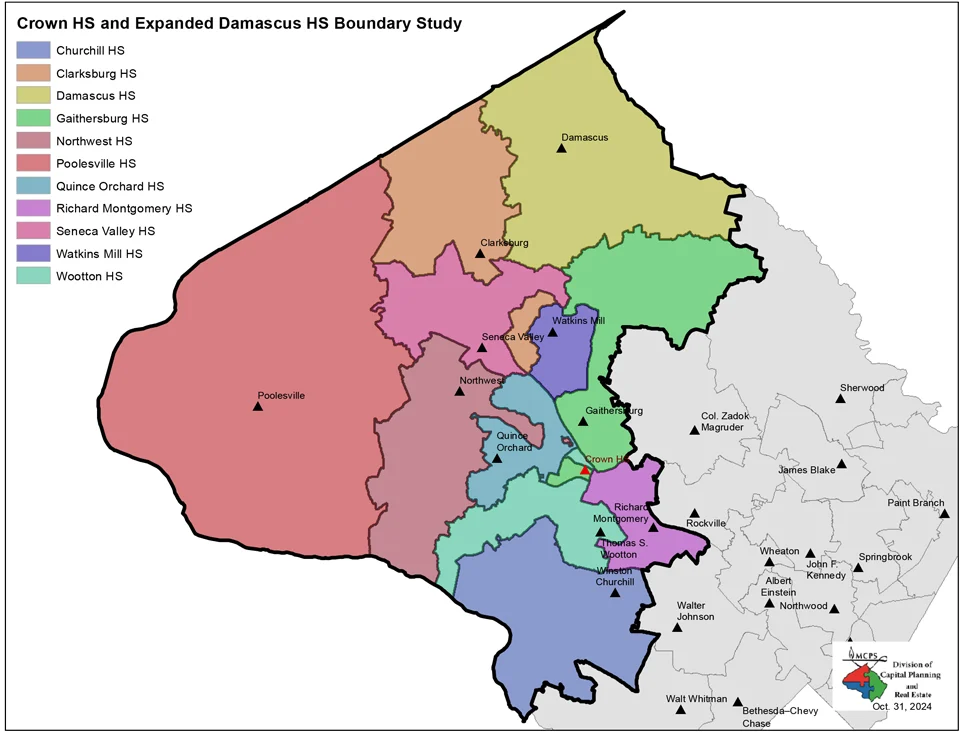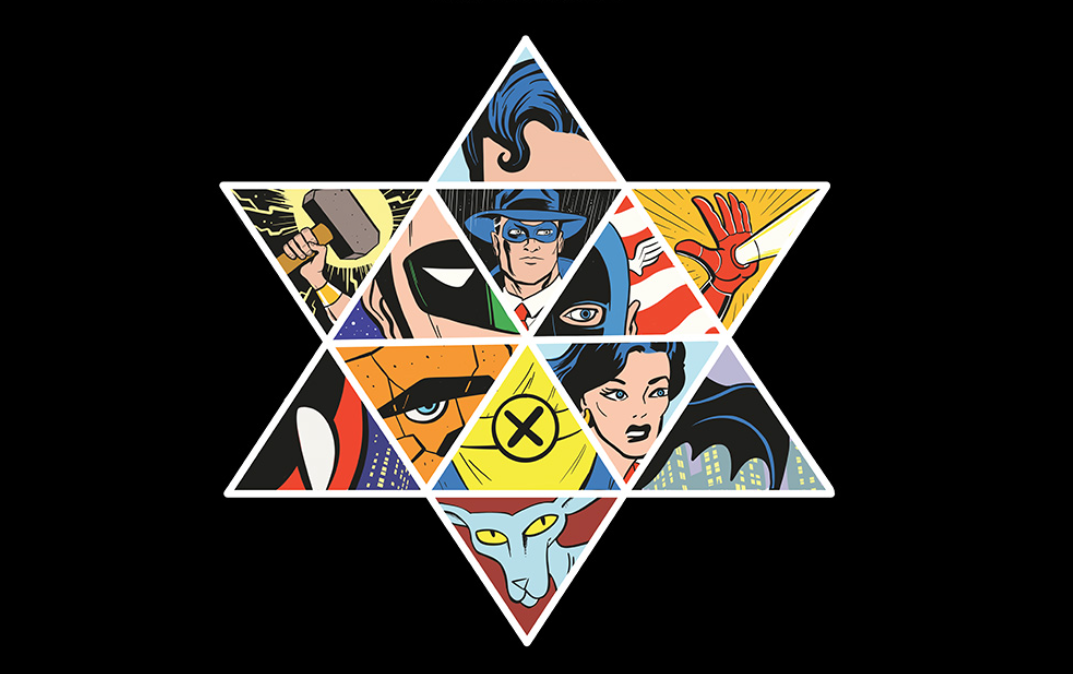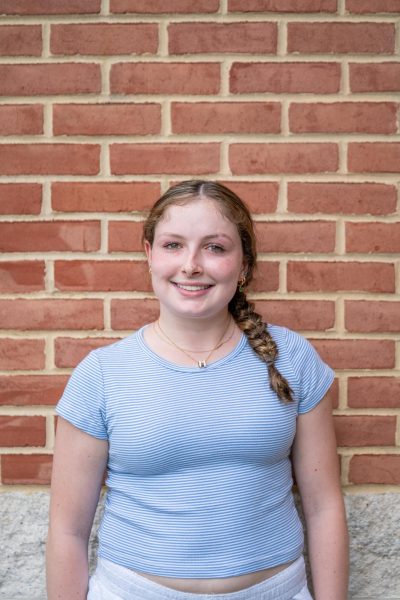The University of Nevada Las Vegas (UNLV) starting quarterback, Matt Sluka, suddenly quit the team on Oct. 1. An assistant coach at UNLV had promised Sluka $100,000 to transfer from the College of the Holy Cross. UNLV said they have no contract with Sluka, but Sluka demanded money to play. In 2021, the Supreme Court passed a law allowing sports organizations to pay athletes based on their Name, Image, and Likeness (NIL).
The implemented policy on NIL allows student-athletes to make money from their personal brand. College athletes can now receive financial compensation through the use of promotional endeavors. Many wonder how NIL will affect college sports in the future.
While NIL has created more compensation opportunities for college athletes, it has also created unforeseen challenges and discussions surrounding student-athletes’ rights. Due to the increasing demands placed on athletes, many believe college athletics are approaching a student-employee model. NIL demands range from performance expectations to rigorous schedules that rival full-time jobs.
“In February, a judge ruled that Dartmouth’s men’s basketball players should be deemed college employees,” Brandon Marcello from CBS Sports writes.
Many colleges argue that their players should be classified as employees. In fact, the National Labor Relations Board took the National Collegiate Athletics Association (NCAA), the Pac-12 Conference and the University of Southern California (USC) to court, arguing football and basketball players at USC should be considered employees.
The NIL not only brought unforeseen challenges for student-athletes but for coaches as well. On Oct. 10, the University of Virginia (UVA) Head Basketball Coach Tony Bennett announced his retirement. Bennett, a national championship head coach, has been viewed as one of America’s top college basketball coaches during his time at UVA. Many speculate that the NIL decision greatly impacted his decision to retire given the unfortunate timing of the situation. FOX Sports commentator and reporter, John Fanta hinted at NIL being a potential reason behind Bennett’s retirement.
“The Tony Bennett news isn’t too shocking as he’s brought up the stressors and challenges of the NIL,” Fanta said.
This wouldn’t be the first time a college head coach has quit because of NIL. Over the past several years, it has become somewhat common for college coaches to retire to avoid the stress of paying their players.
Student-athletes worry that schools with smaller athletic programs may not have the means to facilitate lucrative NIL deals, altering the competitive balance. Since the NCAA started giving out scholarships in the 1950s, people argued that colleges were already “paying” student-athletes for playing sports through their athletic scholarships. Because of NIL, going to a smaller, less valuable NIL market is less attractive to student-athletes than ever before. As a result, smaller schools will struggle to maintain top-level athletics and recruiting in this new age of college sports.
A player’s reputation and popularity lead to NIL money for bigger schools. Top schools gain another advantage in snagging high-value players from less renowned schools because of their strong NIL capability.
Just in the 2024 off-season, the Drakes University men’s basketball team already lost four starters to transfers. The player transfers can be attributed to the lack of pretentiousness, competitiveness and attention that Drake University can offer, and their NIL market doesn’t entice players to remain in their athletic program.
Worries concerning the long-term effects of NIL seem to be growing among the public, as NIL has opened opportunities for student-athletes unlike anything before.
“Critics of the NIL predicted that only the top 1% of the athletes [that have NIL deals] would make any money,” ESPN writes.
Despite what critics say, NIL allows a widespread group of athletes to make money rather than singling out high-revenue sports. Though there’s no way to apportion NIL opportunities among all athletes and all sports, it’s clear that more athletes are taking advantage of NIL.
Initially, some thought that NIL would be unfair to female athletes and hurt women’s sports. However, that has proven to be far from the truth. University of Connecticut star basketball player Paige Bueckers has NIL deals with popular companies such as Gatorade and StockX. Additionally, Louisiana State University gymnast Olivia Dunne has earned over one million dollars in advertising and amassed over six million followers on social media. Women’s sports have thrived under the NIL decision, expanding female athletes’ opportunities to earn money and create long-lasting platforms.
Though NIL has its pros and cons, its benefits to college athletes currently outweigh the negatives, allowing the Name, Image, and Likeness program to grow throughout the collegiate sports world.



